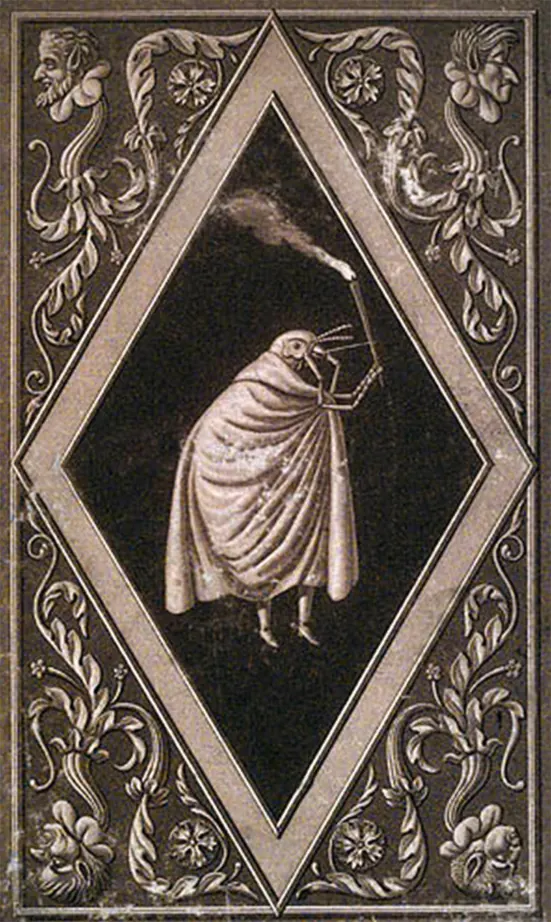
While visiting Goethe Haus in Franfurt, I read a summary of the 1822 book "Meister Floh" and thought it might be fun to read.
It is curious. Half the satire has long since lost all relevance to the world, yet it is still an entertaining and mysterious novel. Much like 1827's "The Mummy! A Tale of the Twenty-Second Century" things just happen. People wander into rooms, announce their plot-point, and push the story along.
Parts of it are hilarious, other tedious. Long passages feel like allegories which would have benefited from a translator's footnote. It melds science-fiction with fairy-tales and comes up with something inexplicably weird. Perhaps, given the subject matter, it should be regarded at "scientific fiction"?
In truth, the story is weak. It's all hidden identities and bumbling heroes. What makes it is the wry narrator who is quite content to pierce the fourth-wall (do books have walls?) and give us his opinion on how the story is progressing. At times it almost becomes a meta-novel; playing with what must have been early tropes. For example, the narrator announces:
It is an established custom, that when the hero of a tale is under any violent agitation, he should run out into a forest, or, at least, into some lonely wood; and the custom is good, because it really prevails in life.
Towards the end, it becomes increasingly silly and convoluted. It's a story of horny old men chasing eternal life. Perhaps Hoffmann's immortality in the pantheon of great German writers brings him close to that goal.